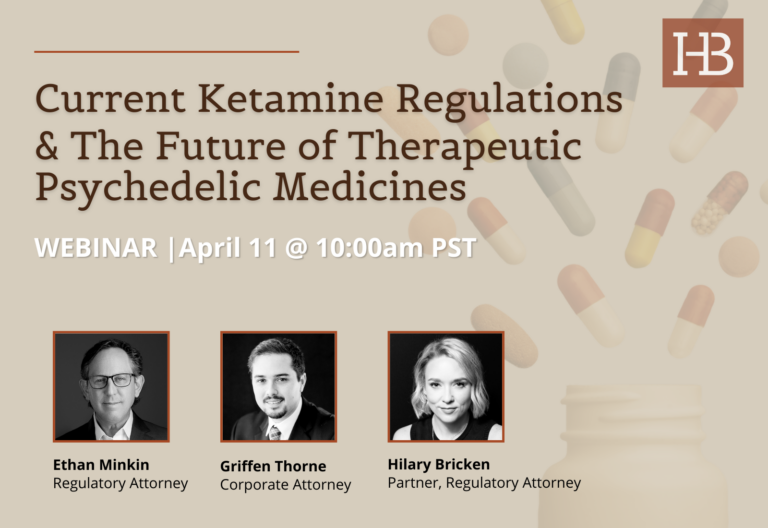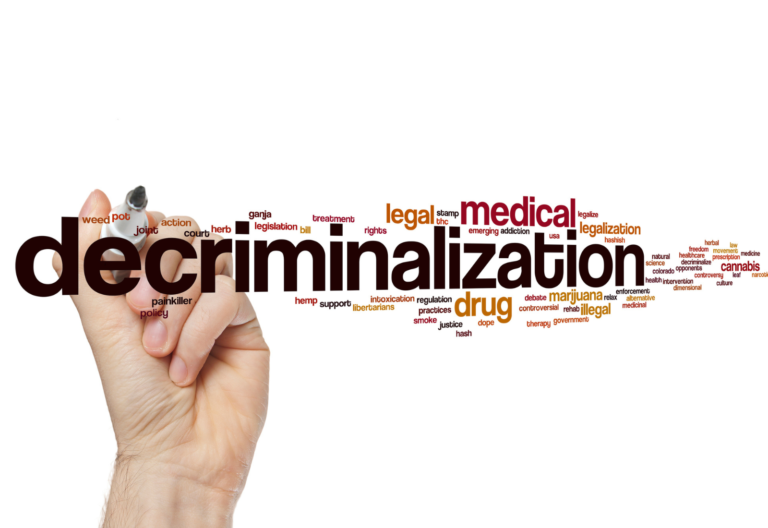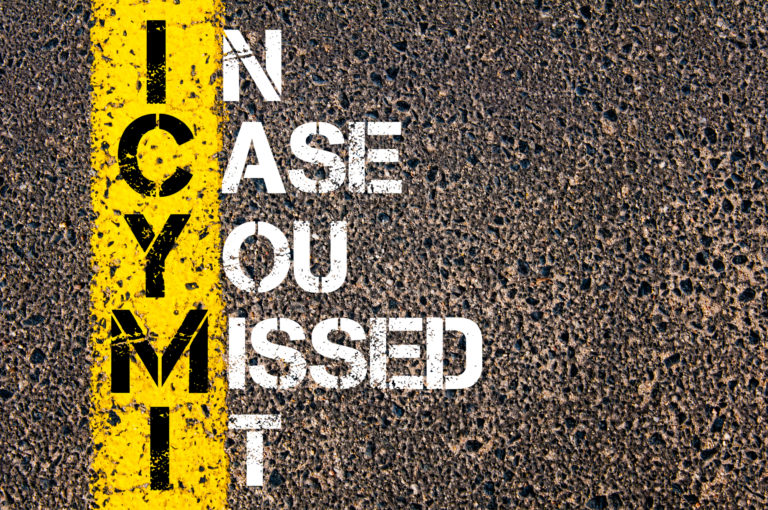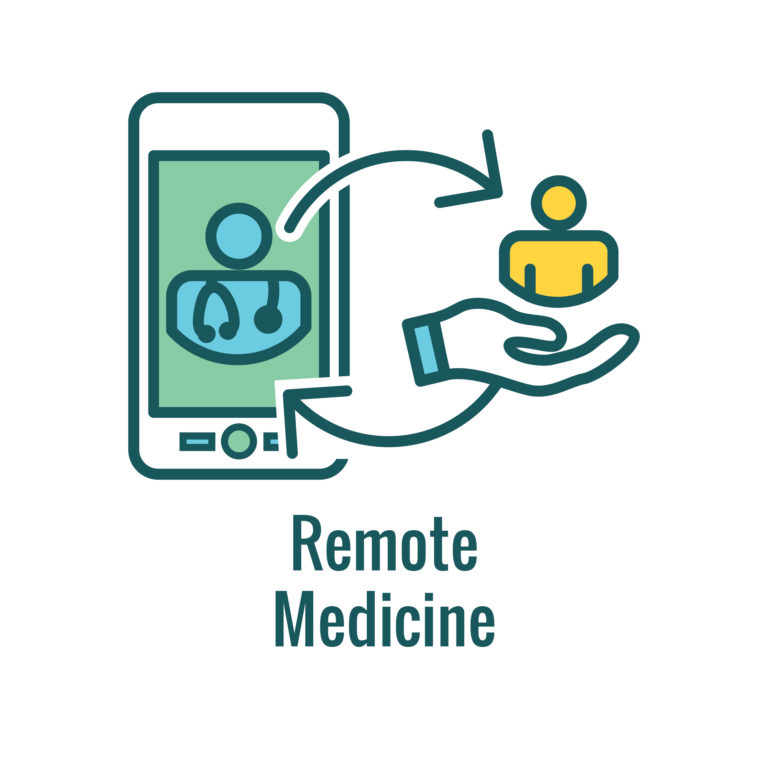
FREE WEBINAR: Ketamine Regulations & The Future of Therapeutic Psychedelic Medicines
Click HERE to register for our upcoming FREE Q&A webinar on ketamine regulations and the future of therapeutic psychedelic medicines! In the next few years, the FDA will likely approve drug formulations containing psilocybin and MDMA. While there are still many unknowns concerning how psilocybin and MDMA-based drug therapies will be regulated, we believe that



















